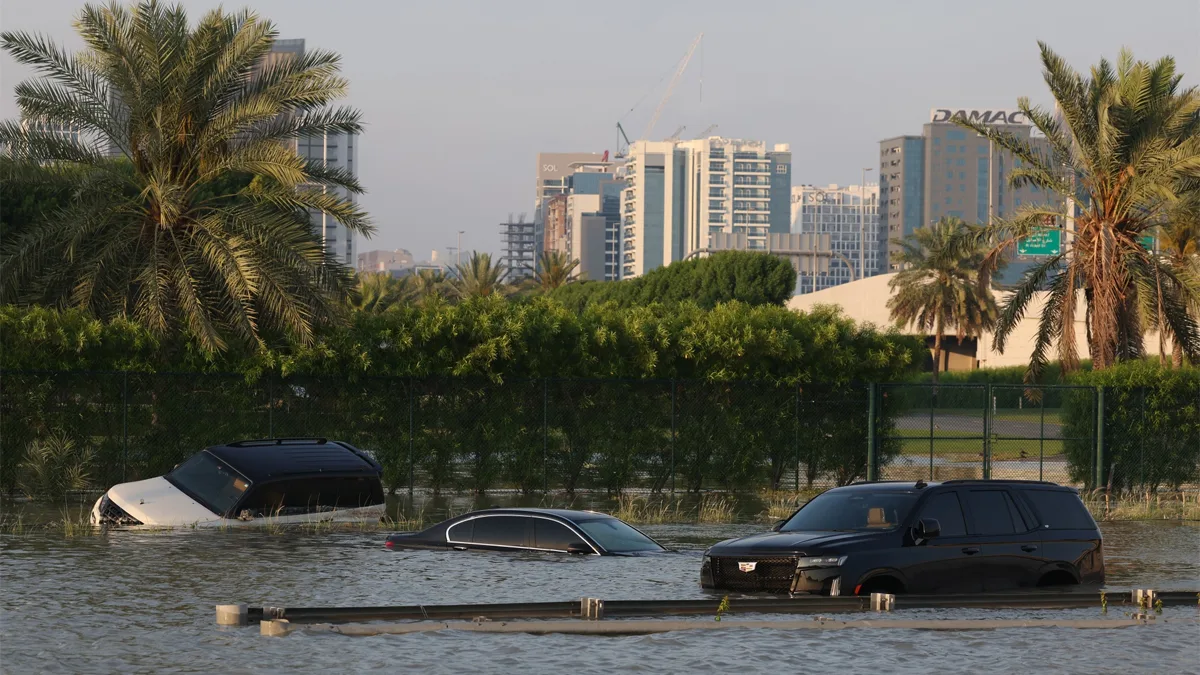Natural disasters like floods have significant immediate or long-term health implications. The initial damages and the aftermath of the flood are equally devastating. Your health matters. Prioritize safety, seek professional advice, and support one another. Listen to radio or television broadcasts for updates.
Water, Air, Food and Physical Safety
- Avoid playing in flood water. Floodwater carries harmful substances including sewage, chemicals, and pathogens. Try avoiding contact with floodwater to prevent skin irritation, infections, gastrointestinal illnesses, risks of Leptospirosis and Melioidosis.
- Do not use floodwater to drink, to wash dishes, to brush teeth, or to prepare food. Stagnant water spreads diseases, creates chemical hazards, and is a breeding ground for various pathogens, including bacteria, viruses, parasites, leading to diseases like cholera, typhoid, and hepatitis A.
- Always heed advisories from authorities. Stagnant water attracts mosquitoes and provides a breeding ground for them. Mosquitoes transmit diseases like dengue, Zika, and West Nile virus. Use insect repellent and protective clothing.
- If the water supply is compromised, boil it before consumption. Boiling kills most bacteria and viruses. During water advisory, use only bottled, boiled, or treated water for drinking, and cooking.
- After floods, air quality may deteriorate due to pollutants. Use masks when cleaning or working in affected areas. Discard and dispose of food and perishable items compromised by floodwater. Wash hands thoroughly before handling food.
- While navigating flooded areas look out for debris, sharp objects and unstable structures. Wear appropriate protective gear, including gloves and sturdy footwear. Properly fasten outdoor items like lawn furniture, grills, trash cans.
- Avoid contact with electrical equipment or wires submerged in water to avoid electrocution. During an evacuation, turn off all utilities, main power and close gas valves.
- Move away from low spots, canyons, and washes. Don’t drive through flooded areas, as you could be swept away or may stall in water.
- To prevent Carbon Monoxide poisoning, use generators or other engines outdoor, at least 20 feet away from doors, windows, or vents.
Medical Support
- Keep vaccination records handy. Remember the year of your last tetanus shot.
- Wet clothing exacerbates hypothermia. If shivering, confusion, and weakness occur, provide first aid by warming the affected person.
- Damp environments promote mold growth. Mold spores worsens respiratory conditions like asthma and allergies. Seek immediate medical help for injuries, infections, or severe symptoms.
- Floods can be traumatic. Anxiety, depression and post-traumatic stress disorder (PTSD) may follow. Seek professional help if you experience distress. Reach out to neighbors, friends, and support networks.
- Monitor your health in the weeks following the flood. Report any unusual symptoms to your healthcare provider.
- Return home after evacuation, only after “safe-to-return” advisory from authorities. Practice safe cleaning. Always wear masks.
- Be careful of snakes or poisonous insects that might have come in with water. Drain or eliminate stagnant water around your home to reduce mosquito breeding.
- Remove and throw out mattresses, pillows, carpets, and stuffed toys that was contaminated with floodwater or sewage.
Also Read: Flood Aftermath in UAE: Health Tips to Protect Yourself & Your Family
Embrace Resilience
Recovery Takes Time. Coping with the aftermath of a flood is a gradual process. Engage with local resources, community centers, and counseling services. Stay resilient and take care!

HOD, Specialist Family Medicine,NMC Royal Hospital, Khalifa City.



















